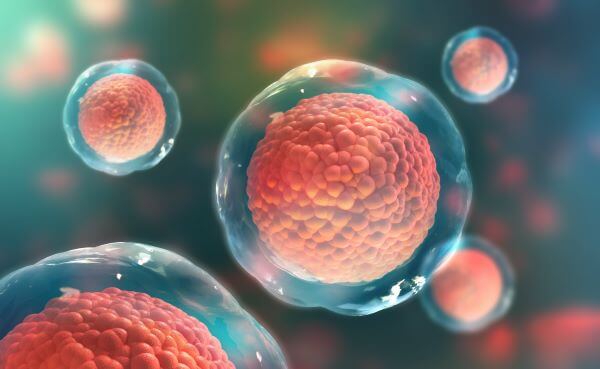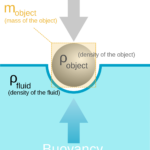You have probably heard the word “capacity” before. It refers to how much of something can be stored. For example, if we talk about the capacity of a battery we are referring to how much power the batter can hold. If we talk about the storage capacity of a computer, we are referring to how much data it can store.
In science we sometimes talk about heat capacity. Like the earlier examples, we are talking about how much heat can be stored in an object.
All substances have a heat capacity. Which refers to the amount of heat we can put into an object before its temperature will rise. A more sciency definition of heat capacity is the amount of heat required to raise the temperature of a given object by 1 degree Celsius (or 1 Kelvin). But that is basically the same thing. Just a more complicated way of saying it. Heat capacity, often called specific heat capacity, refers to how much heat we can put into an object before its temperature will increase.
The units for heat capacity are joules per degree Celsius (J/°C).
It is important to note that the heat capacity of an object depends on both the material it is made of and its mass.
For example, water has a heat capacity of 4186 J/°C. So it takes 4186 joules of heat to raise the temperature of 1 kg of water by 1 degree Celsius.
On the other hand, copper has a heat capacity of 385 J/°C. So it only takes 385 joules of heat to raise the temperature of 1 kg of copper by 1 degree Celsius.
This is why it takes longer to heat up a large body of water than it does a small pot of water. The same amount of heat will cause a larger increase in temperature in the smaller pot because it has less mass.
You are familiar with this phenomenon if you think about it. If you outside on a hot day and take off your shoes what will happen to you feet as you walk across the blacktop? Depending on how hot it is, it is possible that your feet may get burned. What if the pavement is covered in water?
If the pavement is covered in water, then it is less likely that you will get burned, because the water helps to cool the road off. This is because water has a much higher heat capacity than asphalt. The water can hold a lot more heat before it changes temperatures.
What affect does specific heat capacity have on climate?
High heat capacity means that it takes a lot of heat to raise the temperature. This is why the ocean has a moderating effect on climate. It takes a lot of heat to raise the temperature of all that water, so the ocean can help to regulate global temperatures.
Land masses have a lower heat capacity than water. So they heat up and cool down quicker than the ocean. This is why you often hear that the weather is cooler near the ocean than it is inland.
In general, materials with a high heat capacity are good thermal conductors. This means that they can conduct or transfer heat well. So, when we are looking for materials to use in making things like heat shields or insulation, we want materials with a high heat capacity.
Materials with a low heat capacity are bad thermal conductors. So, when we want to make sure that heat stays put – like in a coffee mug – we want materials with a low heat capacity.






